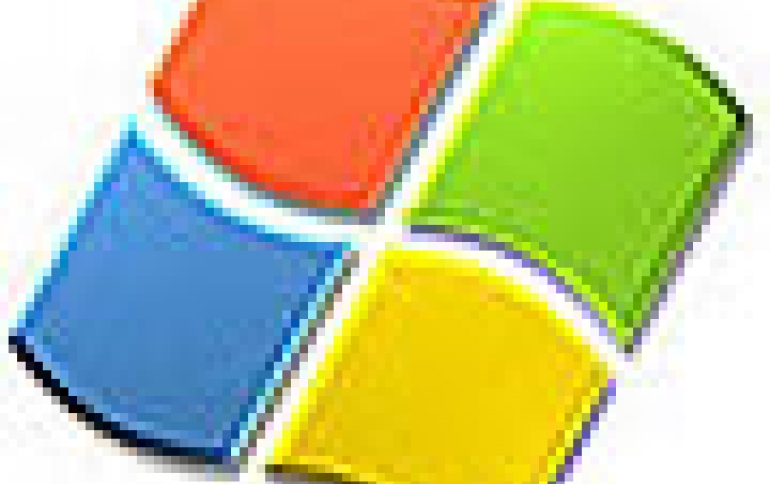
Microsoft Files 10 Lawsuits Over Software Pirating
Software giant Microsoft Corp. on Thursday said it filed 10 lawsuits against companies and people, charging that they sold not-for-resale software to unsuspecting customers.
Seven lawsuits filed against nine individuals from California, Maryland, New York, Texas and Virginia allege breach of a software agreement by which the individuals obtained a number of Microsoft Action Pack Subscriptions (MAPS). The MAPS Initiative is a program that provides partners with discounted Microsoft software packages for product evaluation and internal use. The MAPS-related lawsuits, the first Microsoft has filed, allege egregious abuse of this program by people who have repeatedly and knowingly broken the terms of the agreement. Some of those named in the suits have allegedly attempted to sell software from their subscriptions to consumers through online auction sites.
Three other lawsuits, filed by Microsoft against companies in Florida, Ohio and Pennsylvania, allege counterfeit software abuses.
Consumer complaints helped drive the counterfeiting lawsuits in Florida, Ohio and Pennsylvania. In those cases, Microsoft purchased software from each of the defendant companies to test its authenticity in response to consumer complaints. When it was confirmed that the software was illegitimate, Microsoft sent cease-and-desist letters to the companies with educational information about how to operate legally. The lawsuits were filed only after the alleged perpetrators would not change their behavior.
Microsoft said the actions seek to protect Microsoft technology from being pirated.
Three other lawsuits, filed by Microsoft against companies in Florida, Ohio and Pennsylvania, allege counterfeit software abuses.
Consumer complaints helped drive the counterfeiting lawsuits in Florida, Ohio and Pennsylvania. In those cases, Microsoft purchased software from each of the defendant companies to test its authenticity in response to consumer complaints. When it was confirmed that the software was illegitimate, Microsoft sent cease-and-desist letters to the companies with educational information about how to operate legally. The lawsuits were filed only after the alleged perpetrators would not change their behavior.
Microsoft said the actions seek to protect Microsoft technology from being pirated.





















